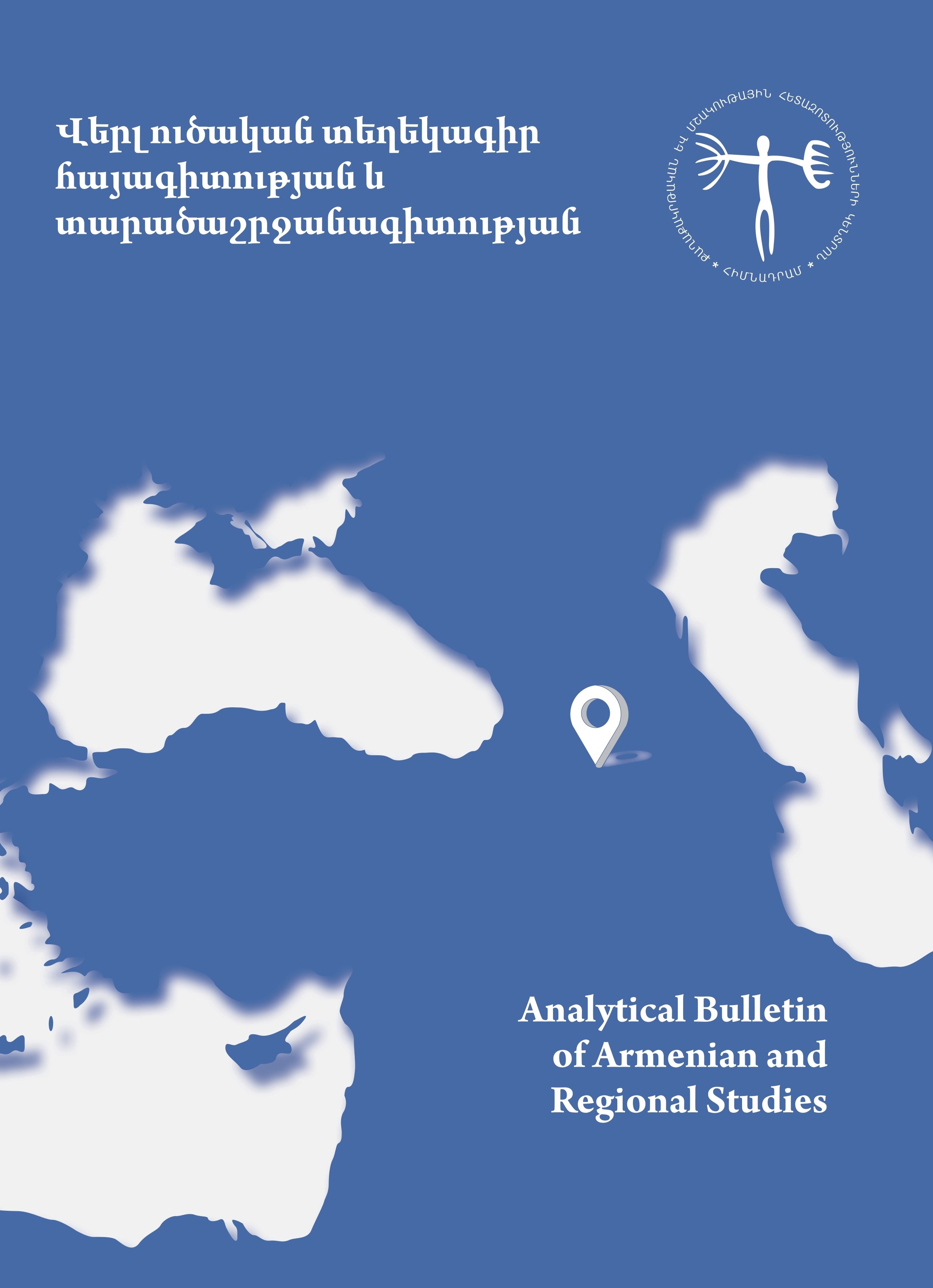PERSPECTIVES FOR SECURITY AND STABILITY IN THE SOUTH CAUCASUS: THE ROLE OF NORMALISATION BETWEEN TURKEY AND ARMENIA
Keywords:
South Caucasus, Turkey’s foreign policy, normalization, Armenia-Turkey relations, Regional SecurityAbstract
The disintegration of the former USSR in 1991 has created a major transformation in international relations and in the international system. The last twenty-five years have been affected by the developments in the aftermath of this tremor in the international system. One of the immediate effects of this change has been the emergence of new conflicts, particularly in the former Soviet territory. Today, those post-Cold War conflicts remain unresolved and prevent the widening and deepening of stability and security in neighboring geographical regions. Political geography in the South Caucasus has also been affected with the post-Soviet and post-Cold War developments. The newly independent states in the South Caucasus, namely Armenia, Azerbaijan and Georgia immediately embarked upon the task of establishing their sovereign and independent nation states. During the Cold War, the USSR was bordering Turkey and Iran in the region. In the post-Soviet setting of the South Caucasus, Russia, as a successor state of the former USSR found three new neighbors. The new configuration in the South Caucasus has affected Turkey’s look at the region, too. During the Cold War, Turkey’s relation with the USSR was under the influence of bloc-to-bloc relationship between NATO and the Warsaw Pact and was mainly defined through the parameters of security. After the collapse of the USSR, however, Turkey ceased to have a direct land border with Russia and found three new neighbors in the region.





